 | ---- TL;DR Client bought some BTC in 2014, and stored them on a so-called "paper wallet". They still had the address of the BTC (that we could still see on the blockchain, unmoved since 2014), and the paper wallet with the private key. Unfortunately, the private key checked out as "invalid" (i.e. bad checksum) each time client attempted to access the wallet, for the last 10 years. Client provided us the photo of the paper wallet showing the private key, and a partial QR code. Client generated and printed the paper wallet using one of the "BTC paper wallet generator" websites that was popular at the time to generate "BTC paper wallets". (parts of the private key photo have been redacted for privacy) We were able to find the issue with the printed private key and recover the BTC. The likely cause of the issue is that the font data was somehow corrupted on the computer that printed the private key at the time. ---- Long version: Read the TL;DR first. This photo was the only version of the private key that client had. It is not very sharp, but good enough to read all the characters. And it contained a partial QR code. The private key is in so called "wif" format (Wallet Import Format), encoded in base58, with 51 characters. The "wif" format used for BTC private keys is basically a raw BTC private key, with 4 bytes of double-SHA256 checksum added at the end, and encoded in base58. The partial QR code could have been useful to figure out what was wrong with the private key. But we did not find any free or opensource tool that could easily extract usable data from a partial QR code. So we decided that for now, it would be too much effort to try using information from the partial QR code image. Looking at the private key, most characters (including those that we redacted) were absolutely unambiguous. The first questionable character, on the right of the first X, looks like a circular blob, but it can only be an "e", as the other lowercase candidates ("o", "s" and "a") appear later on, and are clearly distinct. The next character, just before the next "X", looks like a vertical bar, so it could be an "l" (lowercase L), an "I" (uppercase i), an "i" or a "1" (digit). Lower case "L" and uppercase "I" are not allowed in base58. The digit "1" always has a part sticking out at the top-left, so we decided it was not "1". The last possibility is "i", but strangely there is no visible space under the dot of the "i". But if you look further, you see a character that is clearly a "j" (lowercase J), and it too does not have a visible space under the dot. So we were pretty sure our "l" was in fact an "i". The next interesting character, on the right of the second "X", looks like a "7" but with a vertical bar, instead of the normally diagonal bar of the "7". But there is no other base58 character that looks like it, so we figured that this font had a "stylized" shape for the glyph "7". This "7" character appears at 3 locations in the string, as you can see. The resulting "wif" string we got was incorrect (bad checksum), and that was a string that our client had already tested. And even ignoring the invalid checksum, the private key did not lead to the account where the BTC were. So we decided to do a bruteforce search, assuming that up to 3 characters in the "wif" string were completely incorrect. We needed the code to check that a "wif" string checksum was valid, and to generate the corresponding BTC address (that we had in "wif" format too, i.e. a so called legacy BTC address). In fact, there are two formats for the "wif" BTC address: One is referred to as "public key (uncompressed), and the other one as "public key (compressed)", and from the BTC address we had, it was not possible to know what format it was using - without knowing the private key. So we had to generate both addresses (uncompressed and compressed) for each private key, to check if one of them matched our known BTC address. Since we did not have the code to calculate the BTC public keys from the "wif" private key, we asked ChatGPT to help us:
All the code that we got from ChatGPT was bogus (e.g. it forgot to call the elliptic curve function!!), and we told it to the AI:
ChatGPT saved us some time, but we still had to spend several hours debugging, fixing and optimizing ChatGPT's code, and testing that it worked correctly using some test-cases. We then started the bruteforce search for 3 wrong characters anywhere in the "wif" string (which was estimated to take a few days using no GPU). While the bruteforce search was running, we thought that in fact, the only really questionable character was this strange "7" with the vertical bar. So we modified the bruteforce search to only test all possible base58 characters at the 3 positions where those strange "7" characters appears. After a few seconds, we hit our BTC public key! So we found the correct private key: The character looking like a "7" was in fact a "T", with the right part of the horizontal bar missing. So the likely explanation is that the font data for the "T" glyph was somehow corrupted on the computer that printed the private key at the time. All the BTC were successfully recovered using this correct private key. [link] [comments] |

You can get bonuses upto $100 FREE BONUS when you:
💰 Install these recommended apps:
💲 SocialGood - 100% Crypto Back on Everyday Shopping
💲 xPortal - The DeFi For The Next Billion
💲 CryptoTab Browser - Lightweight, fast, and ready to mine!
💰 Register on these recommended exchanges:
🟡 Binance🟡 Bitfinex🟡 Bitmart🟡 Bittrex🟡 Bitget
🟡 CoinEx🟡 Crypto.com🟡 Gate.io🟡 Huobi🟡 Kucoin.

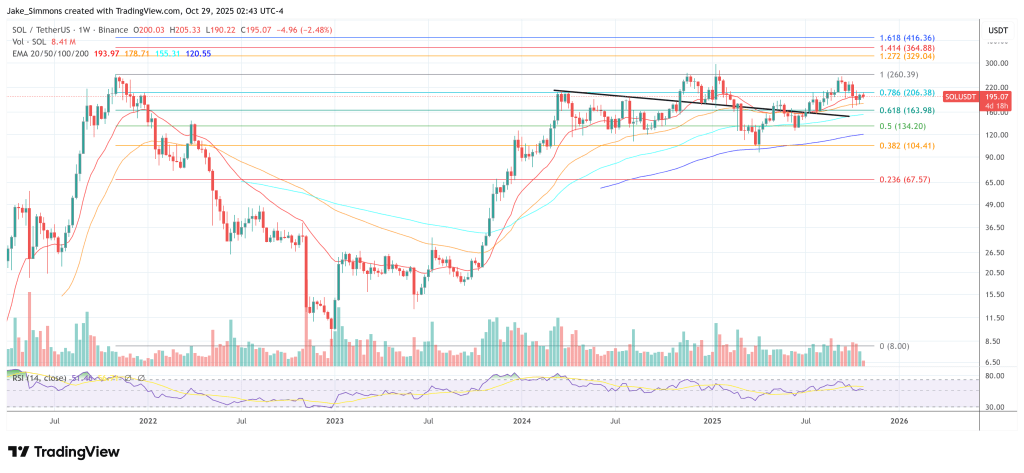
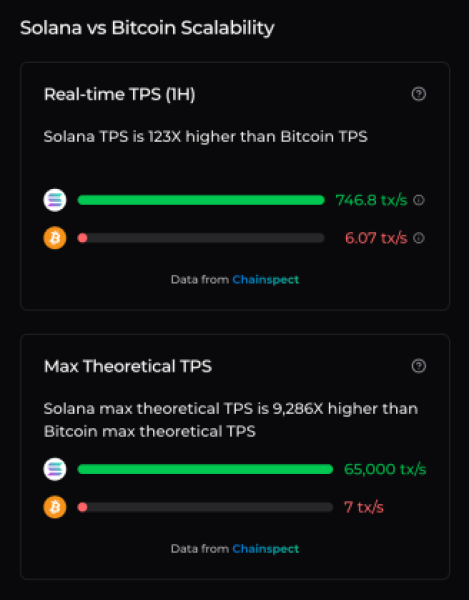


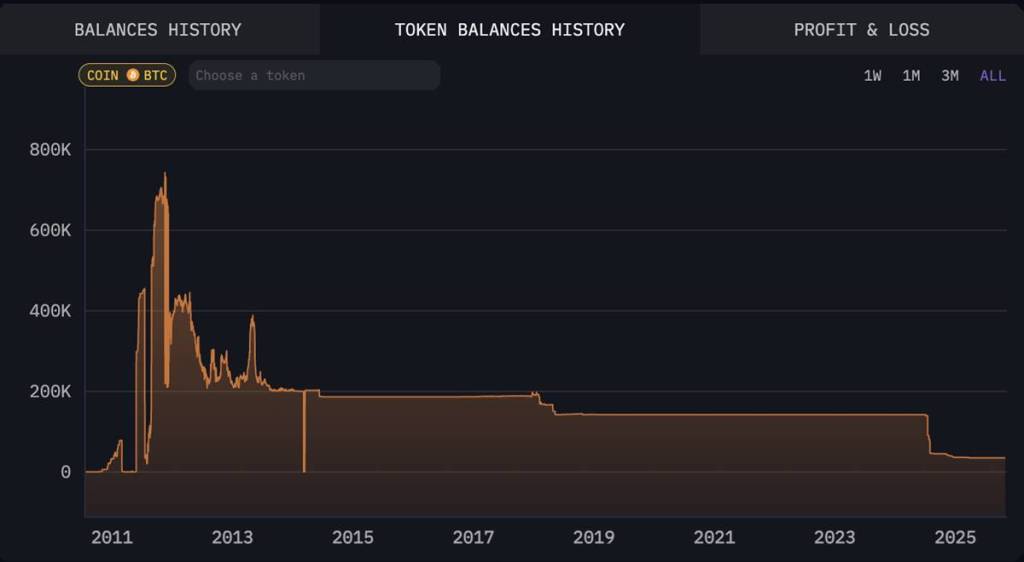
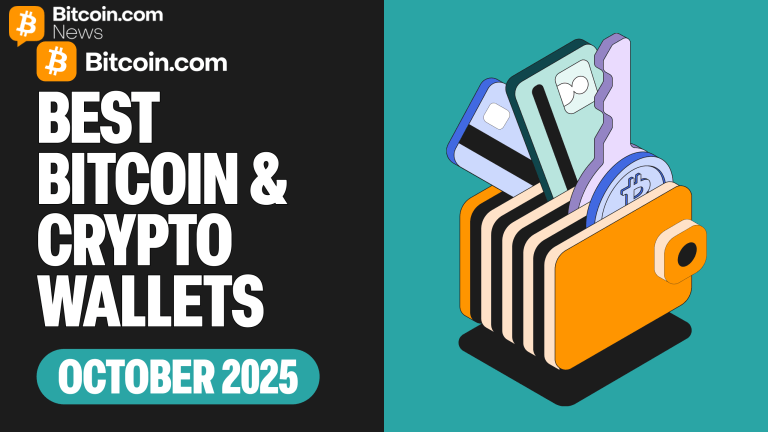



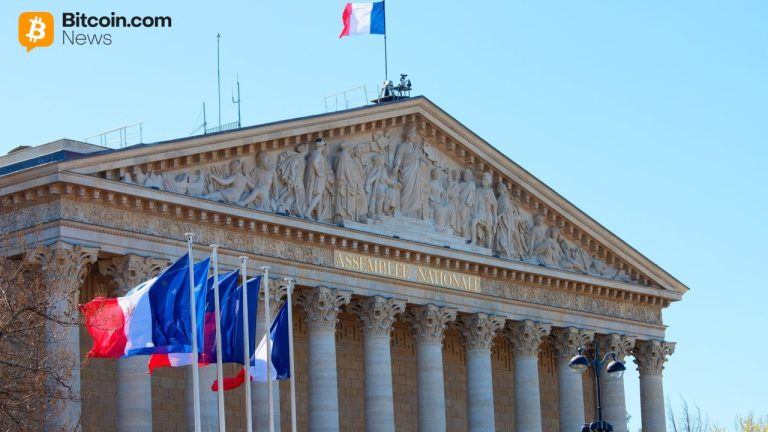
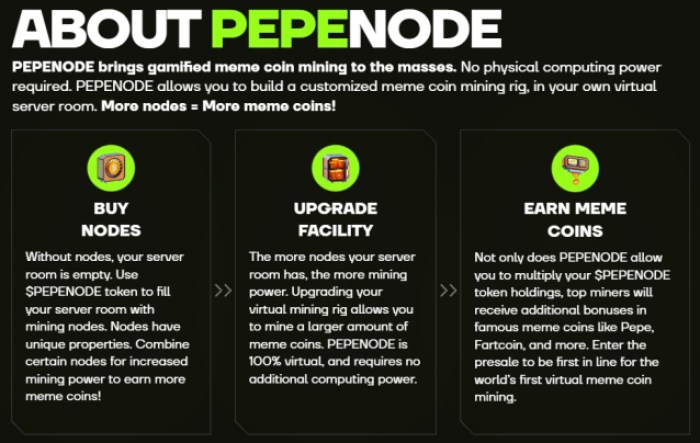
Comments